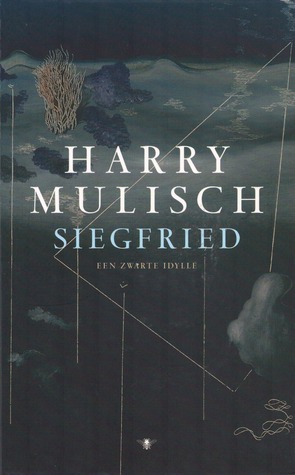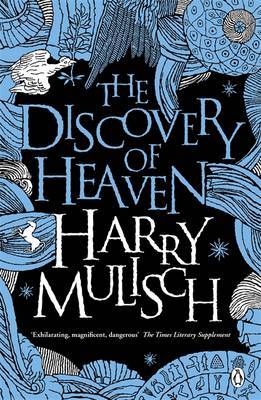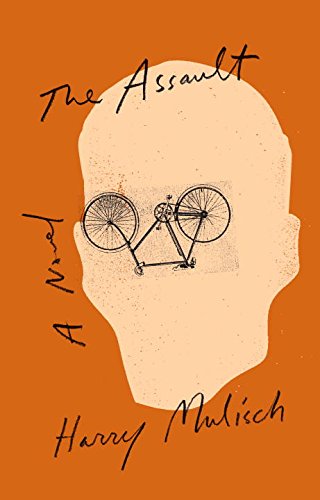For a video project on Narrative Medicine, the Health, Arts, and Humanities Program at the University of Toronto interviewed me about “How to Approach a Story.” The results can be seen here.
Staged Reading!
The Defence
by Damian Tarnopolsky
A Staged Reading
presented by Junction Reads
starring
Alexandra Montagnese
and Mark Wilson
Friday November 29th, 7pm
Village Playhouse
2190 Bloor Street West
Toronto, ON
PWYC $10
Blast from the Past
The Defence wins the Voaden Prize
I’ve just learned that my play The Defence has won the Voaden Prize, a national playwriting competition. Part of the prize is a staged reading at the Kingston WritersFest, coming up on September 27th 2019. Hope to see you there!:
Kingston WritersFest and the Dan School of Drama and Music proudly present a staged reading of Damian Tarnopolsky’s The Defence, the winning play of the 2019 Herman Voaden National Playwriting Competition. Join us for an exclusive first look at the winning play at Kingston WritersFest. Previous Voaden Prize winners include Jordan Tannahill for Late Company and Norman Yeung for Theory. This year’s best play, announced at KWF’s July launch, receives a prize of $15,000.
Friday September 27th, 2019 8pm:
Bellevue Room, Holiday Inn
2 Princess St
Kingston, Ontario K7L 1A2 Canada
Toronto Book Award longlist announced
(I’m on the jury)
Into That Fire
MJ Cates’ debut novel is an absorbing historical study, an important chapter in the history of psychiatry, and a devastating love story — and, unusually, it was written by a noted Canadian author under a pen name. Find out more here.
Deepening
My new course for health practitioners interested in improving their writing will shortly be open for registration via the Centre for Faculty Development.
Deepening Narrative Competence
The Sparrow
Mulisch
I'm finally reading the Dutch writer Harry Mulisch. I first came across "The Assault" - a short novel, careful and dextrous and subtle, describing a man's search for (and avoidance of) his family origins in WWII Holland (a la Modiano?). “The Discovery of Heaven,” on the other hand, is enormous, intellectual and comically talky. It's profound and profoundly entertaining, and different from "The Assault" to the point that it’s hard to believe it’s by the same author. (I like it when writers refuse to follow a single style or mode.) Now I'm trying to find "The Call."
judge not
Congratulations to Chris Gilmore, winner of the University of Toronto Short Story Contest for his gentle and perceptive story "Fanny and Keats." (I was on the panel of judges that selected his piece.)
150 x 150
The 49th Shelf included my recommendation in their great anniversary list of 150 Canadian books selected by 150 Canadian writers, 150 for 150. It's not what it looks like. Well, not exactly.
Writing for Doctors
I'll be teaching a new course, Fostering Narrative Competence: Reflective and Creative Writing for Clinicians and Educators, at the University of Toronto medical school's Centre for Faculty Development in the new year. Registration available October 9th.
The Time Signature
Photo by Abigail Keenan on Unsplash
Visit the newly updated Toronto Review of Books for my slightly wistful article on football books and football.
Oh I say!
Photo by Martin Sanchez on Unsplash
who should I see dodging along Stony Batter only Joe Hynes
My review of Joel Thomas Hynes' rough-edged, roaring novel We'll All Be Burnt In our Beds Some Night just appeared in Atlantic Books Today.
Emma Goldman said
"I'd rather have roses on my table than diamonds on my neck."
In the absence of both, here are some Goodreads widgets.
Don't miss
How to Write
Felix threw his fag-end into the water, it made a tiny hiss. In the harsh sea-light the whites of his eyes were soiled, and the skin around his eyes was taut, as if from a scorching, and scored with tiny wrinkles like cracks in a china glaze. The breeze brought me a waft of his breath, laden with the smell of smoke and the metallic tang of his bad teeth. I could smell his clothes too, with the sun on them, the shiny, pinstriped jacket with its prolapsed pockets and wilting lapels, the concertina trousers, the shoes like boats.
- from John Banville's novel Mefisto.
Describing characters is hard; this short sketch is brilliant. The details are precise and unusual - the whites of Felix's eyes are soiled, the skin around them taut - and a springboard for a leap into a doubling, somersaulting figurative comparison. When Banville moves from sight into another sense, smell, he does so in an active manner ("the breeze brought me a waft of his breath"), where saying it passively might be duller (*"I could smell his breath," say). Another reason this is so rich is that every line in the description takes on more than one job (it's Felix's breath that smells, but presenting it via the breeze reminds us that we're outside, on this walk by the sea). The word choices for Felix's clothes towards the end are vivid, odd, dreamlike and nightmarish too -- Felix's pockets are "prolapsed"? He's wearing "concertina" trousers? Figurative language takes us into other worlds. The whole thing, without saying a word about Felix's character, tells us everything about his personality.
Wonderful
In These Great Times
Wallace Shawn's 1996 play The Designated Mourner is a complex and troubling series of monologues --spoken by the eponymous Jack, his wife Judy, and her erudite father, Howard -- about the highs and brutal lows of life under an unnamed authoritarian regime. It's the perfect thing to read today, but not because it's "prescient" - in fact, one reason it's so disturbing is that it refuses to be simplistic about the roots of savagery. You can listen to a production here, in which Shawn himself plays Jack.





















